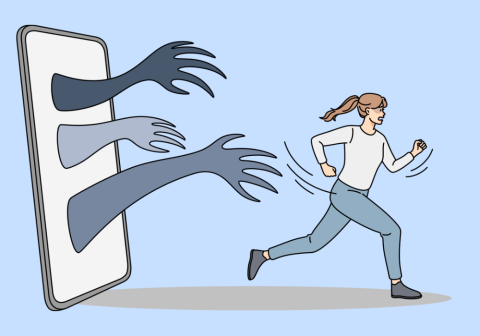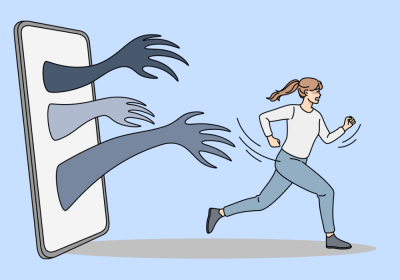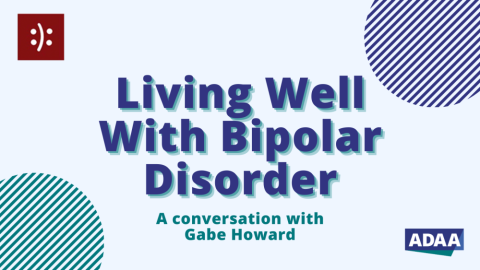Like other medical conditions, anxiety disorders tend to be chronic unless properly treated. Most kids find that they need professional guidance to successfully manage and overcome their anxiety.
Several scientifically proven and effective treatment options are available for children with anxiety disorders. The two treatments that most help children are cognitive-behavioral therapy and medication.
Your doctor or therapist may recommend one or a combination of treatments. Learn how to choose a therapist for your child.
No one treatment method works best for every child; one child may respond better, or sooner, to a particular method than another child with the same diagnosis. Read treatment FAQs.
Cognitive-behavioral therapy (CBT)
Cognitive-behavioral therapy, or CBT, is a type of talk therapy that has been scientifically shown to be effective in treating anxiety disorders. CBT teaches skills and techniques to your child that she can use to reduce her anxiety.
Your child will learn to identify and replace negative thinking patterns and behaviors with positive ones. He will also learn to separate realistic from unrealistic thoughts and will receive “homework” to practice what is learned in therapy. These are techniques that your child can use immediately and for years to come.
The therapist can work with you to ensure progress is made at home and in school, and he or she can give advice on how the entire family can best manage your child’s symptoms.
CBT is generally short-term—sessions last about 12 weeks—but the benefits are long-term. Read treatment FAQs.
Other forms of therapy
- Acceptance and commitment therapy, or ACT, uses strategies of acceptance and mindfulness (living in the moment and experiencing things without judgment) as a way to cope with unwanted thoughts, feelings, and sensations.
- Dialectical behavioral therapy, or DBT, emphasizes taking responsibility for one’s problems and helps children examine how they deal with conflict and intense negative emotions.
Medication
Prescription medications can be useful in the treatment of anxiety disorders. They are also often used in conjunction with therapy. In fact, a major research study found that a combination of CBT and an antidepressant worked better for children ages 7-17 than either treatment alone.
Medication can be a short-term or long-term treatment option, depending on how severe your child’s symptoms are and how he or she responds to treatment.
It is also essential to let your doctor know about other prescription or over-the-counter medications your child takes, even if it is for a short period.
Selective serotonin reuptake inhibitors (SSRIs) are currently the medications of choice for the treatment of childhood and adult anxiety disorders. The U.S. Food and Drug Administration (FDA) has approved the use of some SSRIs for the treatment of pediatric obsessive-compulsive disorder.
A study published in The Lancet indicates that most available antidepressants are ineffective, and some may be unsafe, for children and teenagers with major depression, according to the most comprehensive comparison of commonly prescribed antidepressant drugs so far. The balance of risks and benefits of antidepressants for the treatment of major depression does not seem to offer a clear advantage in children and teenagers, with the probable exception of fluoxetine. Doctors recommend that children and adolescents taking antidepressants should be monitored closely, especially when beginning treatment. (Source: Zhou X, Xie P, Cipriani A, et al., Comparative efficacy and tolerability of antidepressants for major depressive disorder in children and adolescents: a network meta-analysis. The Lancet, 2016.)
Other types of medications, such as tricyclic antidepressants and benzodiazepines, are less commonly used to treat children. Read treatment FAQs.
A warning from the FDA
The FDA issued a warning in October 2004 that antidepressant medications, including SSRIs, may increase suicidal thoughts and behavior in a small number of children and adolescents. However, the FDA has not prohibited or removed these medications, and no suicides were reported in the studies that led to the warning.
You should not necessarily refuse to give your child medication, but you should watch for signs of depression and talk to your child’s doctor or therapist about any concerns. Untreated anxiety disorders in children increases the risk for depression, social isolation, substance abuse, and suicide.
Side effects
SSRIs are generally tolerated with few side effects. The most commonly reported physical side effects include headache, stomachache or nausea, and difficulty sleeping.
Before prescribing medication, your child’s physician must determine the presence of any physical symptoms that may be related to medical problems or reflect anxiety. Make sure the physician reviews side effects with you and your child before starting an SSRI and monitors for symptoms at follow-up visits.
Remember that a small number of children may develop more serious side effects, such as thoughts about suicide.















